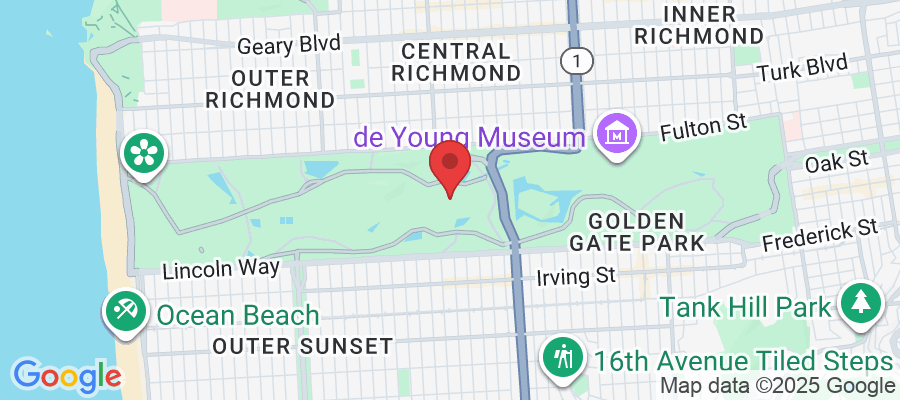BootCampSF- Where Fitness Meets the Beauty of San Francisco
Experience the Ultimate Outdoor Fitness Transformation in San Francisco
Say goodbye to boring gym routines. Join BootCampSF and unlock your potential with high-intensity workouts in San Francisco’s iconic parks. Our expert trainers and supportive community will guide you to achieve your fitness goals while enjoying the city’s stunning outdoors.
Welcome
BOOTCAMPSF — NO EXCUSES, JUST RESULTS.
At BootCampSF we train you the way coaches train athletes. Each BCSF session lasts for six weeks, each class lasts one hour, two, three or four days a week, and an optional Saturday class. At the start and end of each six-week session, the trainers assess each person’s health and fitness level based on standards developed by the American College of Sports Medicine (flexibility, cardiovascular endurance, muscular strength and endurance). These measurements allow participants and instructors set training goals together and measure progress over the course of the session. Instructors also review any injuries and discuss rehabilitation issues for each person participating in the program.
Why Choose BootCampSF?
BootCampSF isn’t just a workout—it’s a lifestyle. Here’s how we help you thrive:
Get Fit Faster: Our high-intensity interval training (HIIT) delivers maximum results in minimum time, helping you burn calories, build strength, and boost endurance.
Personalized Attention: Expert trainers tailor each session to your unique needs and goals, ensuring you get the most out of every workout.
Breathe Fresh Air: Escape crowded gyms and train in San Francisco’s most scenic parks, like Golden Gate Park and Dolores Park, for a refreshing experience.
Stay Motivated: Join a community of like-minded individuals who support and inspire you every step of the way.
Never Get Bored: Enjoy a variety of workouts that keep you challenged, engaged, and excited to come back.
Fit Your Schedule: With multiple locations and class times, we make it easy to stay consistent, no matter how busy you are.
See Real Results: Thousands have transformed their lives with us since 2015—join the success stories.
Testimonials
“I’ve tried many gyms, but BootCampSF is different. The outdoor setting makes every workout feel like an adventure, and the trainers are incredible. I’ve lost 15 pounds and gained so much confidence!”

Sarah T.
. “Working out in Dolores Park with BootCampSF has been a game-changer. The variety keeps it fun, and the trainers push me to be my best.”

Emily K.
“The community here is what keeps me coming back. It’s not just a workout; it’s a lifestyle. I’ve made friends for life and achieved fitness goals I never thought possible.” –

Michael R
Meet Our Trainers
Our certified trainers are the heart of BootCampSF. With years of experience and a passion for helping others succeed, they’ll guide you safely and effectively toward your goals. From strength training to mobility, our team has the expertise to help you shine.
Get Started Today
Ready to transform your fitness and embrace a healthier, happier you? Sign up for a free trial class
and experience the BootCampSF difference for yourself. Limited spots available—don’t wait!

© Copyright 2025 BootCampSF. All rights reserved.
